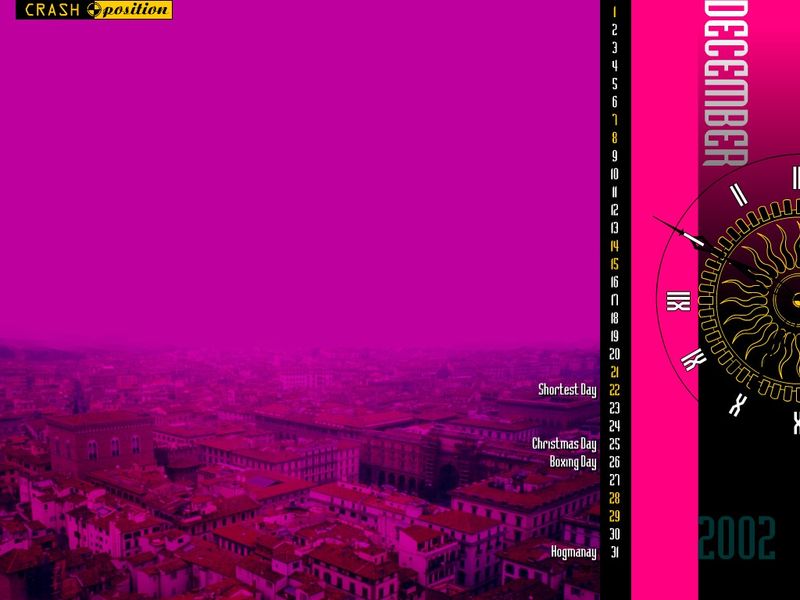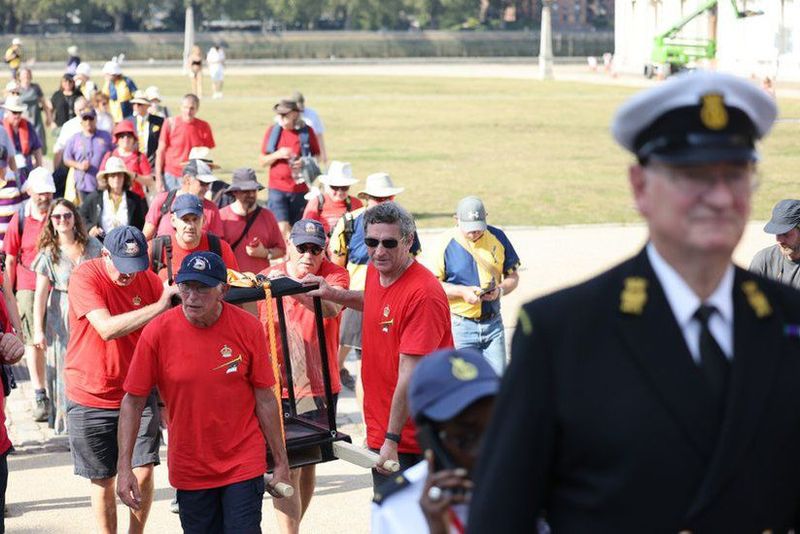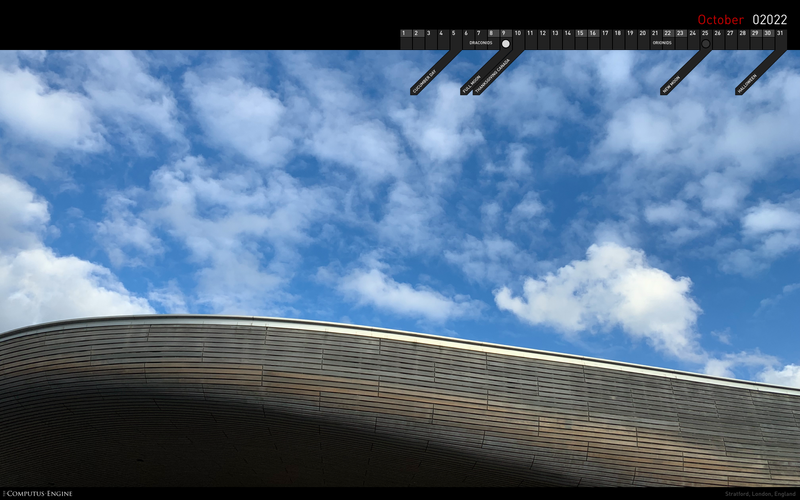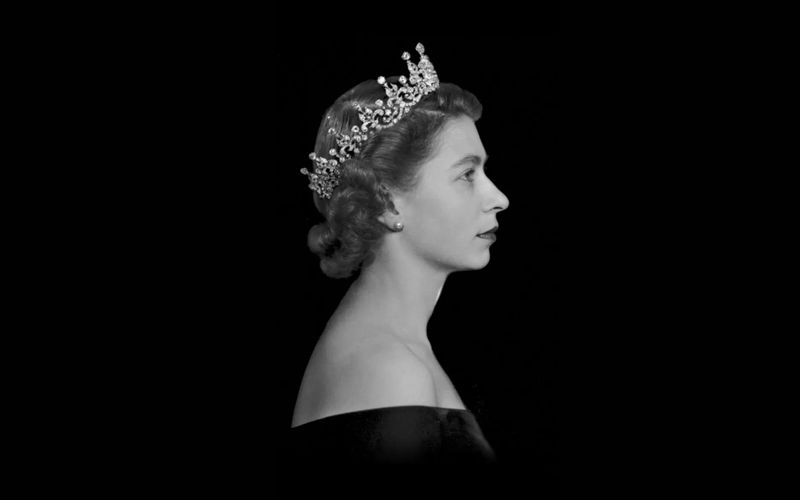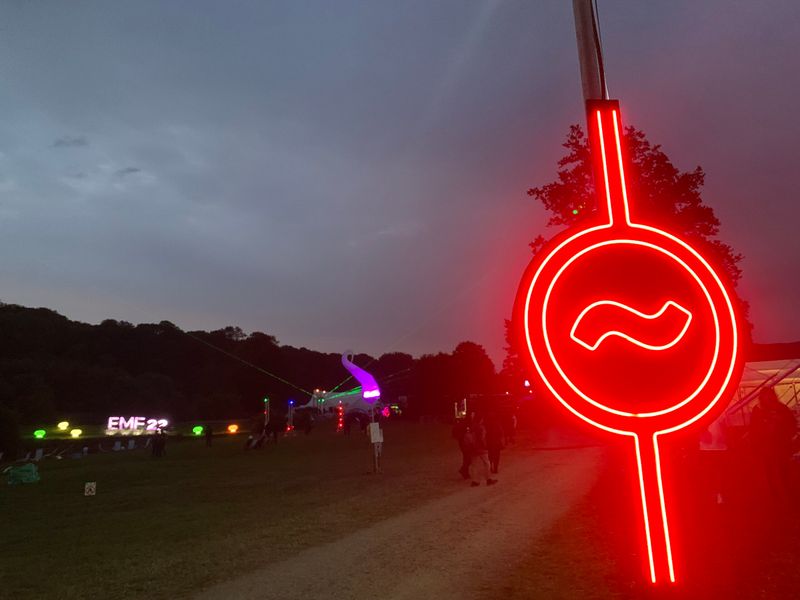The UCLA Center for Medieval and Renaissance Studies invites you to attend a two-day conference, "Calendar Reform and Religious Reformation"
January 24-25, 2003, at UCLA
During the sixteenth century, the Christian calendar experienced two major jolts:
- the calendar reform of 1582, promulgated by Pope Gregory XIII, which eliminated ten days from that year, and
- the Protestant Reformers' abolition of the saints with its attendant changes to the church calendar. These calendrical changes are usually considered individually, but this conference will examine them as parallel and as intersecting phenomena.
By exploring the interplay among the religious, scientific, and social factors implicated in these monumental changes, we can gain a deeper understanding of the different ways in which the nature of time itself was understood in sixteenth-century Europe.
For more information, or to register to attend, please contact the Center for Medieval and Renaissance Studies, (310) 825-1880 or cmrs@humnet.ucla.edu.
Complete Program:
Friday, January 24, 2003 (Royce Hall 314, UCLA)
- 9:00 am Registration
- 9:30 - 9:45 Introductory Remarks: H. A. Kelly (Director, UCLA Center for Medieval & RenaissanceStudies)
- 9:45 - 10:30 Session I: The Christian Calendar in Late Antiquity
"Minding Time: Pagan and Christian Notions of the Week in the Fourth-CenturyRoman Empire," Michele R. Salzman (History, UCR)
Chair and commentator: Claudia Rapp (History, UCLA) - 10:30 - 11:00 Break
- 11:00 - 12:00 Session II: Concepts of Time in the Middle Ages
"The Secularization of Time in Late Medieval Scholastic Thought," Alain Boureau (Director of Research, Historical Studies, School of AdvancedStudies, Sorbonne)
Chair and commentator: Teofilo Ruiz (History, UCLA) - 12:00 - 1:30 Lunch Break
- 1:30 - 3:00 Session III: The Christian Calendar in Lutheran Germany
"Protestant Chronology and Sacred Time: Holy Days without Saints," Anthony Grafton (History, Princeton)
Chair and commentator: Susan Karant-Nunn (Late Medieval & ReformationStudies, Univ. of Arizona) - 3:00 - 3:30 Break
- 3:30 - 5:00 Session IV: The Old and New Roman Calendars
"The Gregorian Calendar Reform of 1582," Owen Gingerich (Harvard-SmithsonianCenter for Astrophysics)
Chair and commentator: Robert S. Westman (History, UCSD) - 5:00 pm Reception
Saturday, January 25, 2003, (Royce Hall 314, UCLA)
- 9:00 am Registration
- 9:30 - 10:30 Session V: The Reformation in England
"God's Time, Rome's Time, and the Calendar of the English Protestant Regime", David Cressy (History, Ohio State University)
Chair and commentator: H. A. Kelly (English, UCLA) - 10:30 - 11:00 Break
- 11:00 - 12:30 Session VI: Counter-Reformation Calendars
"Better than Martyrdom: Embodying Sacred Time in the Painted Life of Mary Ward", Lowell Gallagher (English, UCLA)
"Hybrid Calendars in Colonial Mexico: Spanish Catholic and Native Feast Days" Charlene Villaseor Black (Art History, UCLA)
Chair: Geoffrey Symcox (History, UCLA) - 12:30 - 2:00 Lunch Break
- 2:00 - 3:30 Session VII: Tradition and Change in the English Calendar
"Shakespeare's Response to the Calendar Reform: Romeo and Juliet", Steve Sohmer (Fellow, Lincoln College, Oxford)
"Almaniacal Accommodations: All Things to All Men", Anne Lake Prescott (English, Barnard College)
Chair: Richard Helgerson (English, UCSB) - 3:30 - 4:00 Break
- 4:00 - 5:00 Session VIII: Time Past and Time Future
"Reflections on the Cultural History of Time", Peter Burke (History, Emmanuel College, Cambridge)
Chair and commentator: Michael J. B. Allen (English, UCLA)
Advance registration required. No admission fee. Seating is limited and seats will be available on a first-come, first-served basis. Campus parking permits may be purchased for $7 each day from the UCLA Parking Services kiosk located at Hilgard and Westholme Avenues.
This program is sponsored by the UCLA Center for Medieval and Renaissance Studies, the UCLA Department of English, and the UCLA Department of History.

